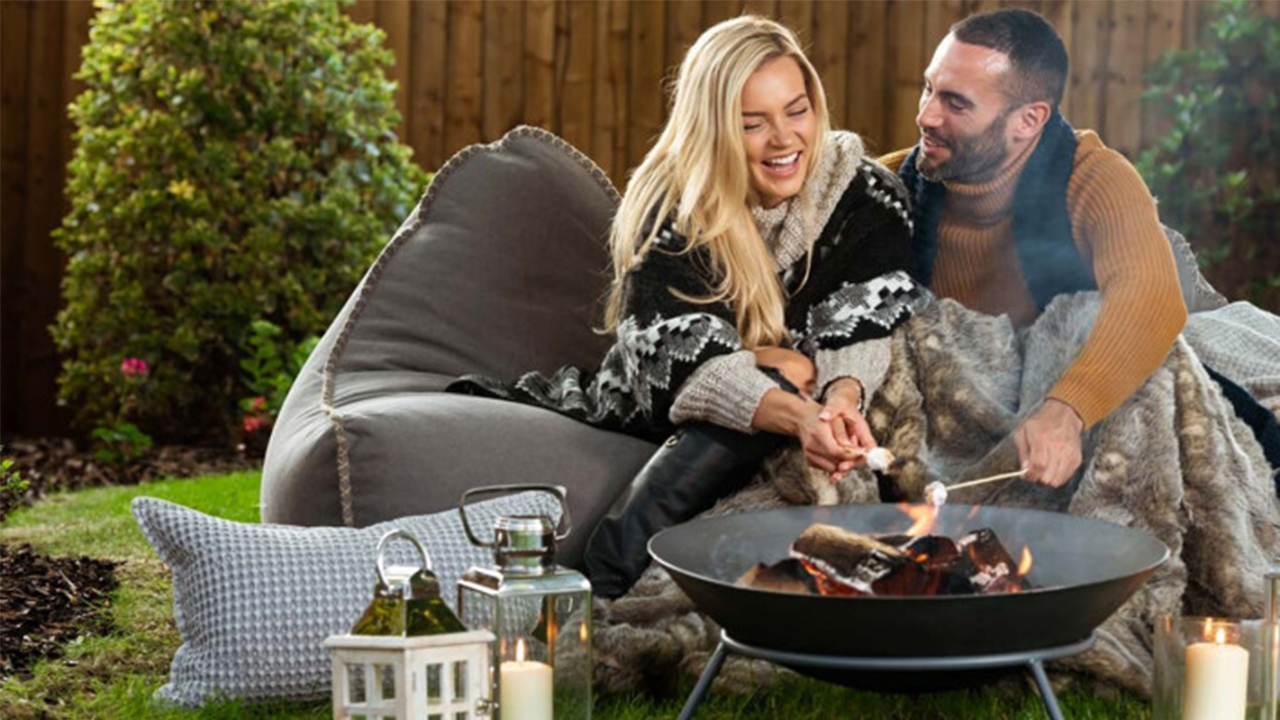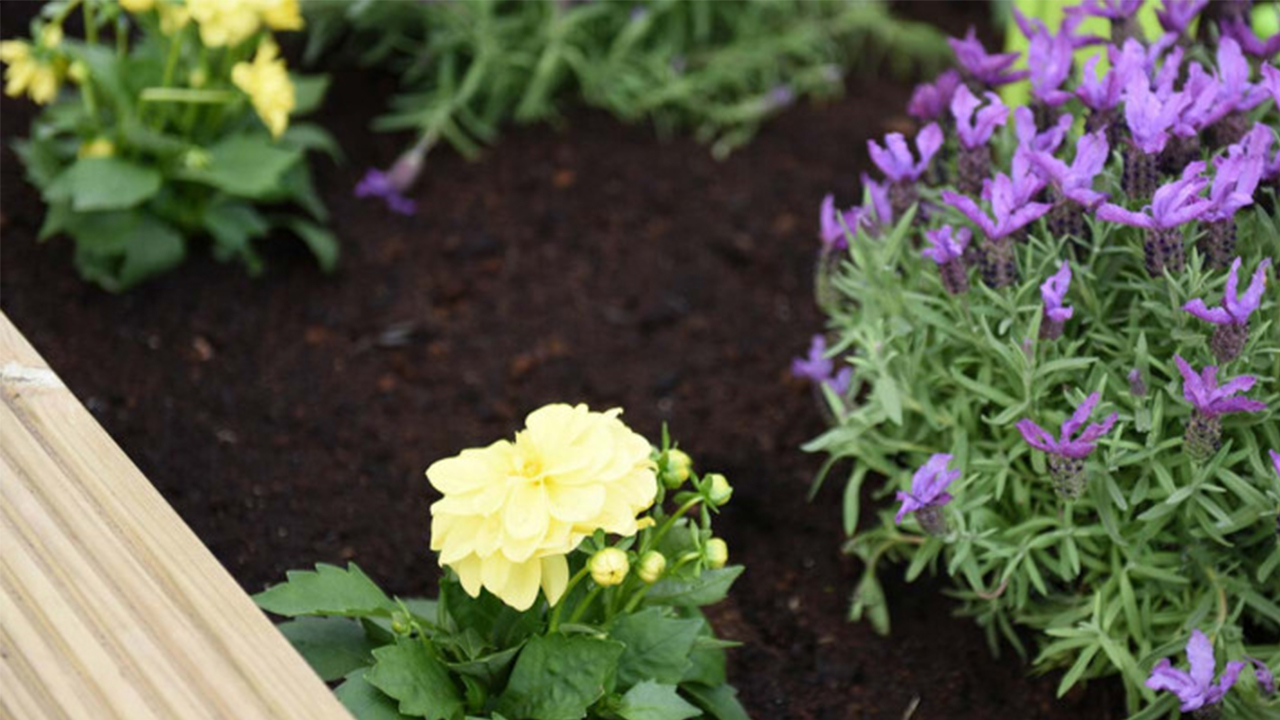Advantages of a South-Facing Garden
Homes with rear gardens that face mostly south are often considered as preferable to homes where the garden has a different orientation. But is this feature really something to base your next house move on?
At its peak, the sun is directly to the south, so south-facing gardens get the most sunlight.
This simple fact brings numerous benefits with it, including:
- Being able to enjoy your garden more regularly, and for longer hours.
- The ideal garden for BBQs.
- Maximum natural light indoors.
- Fewer moss problems or damp areas in your garden.
- Maximum possible sunlight for strong plant growth.
- Great conditions to dry your washing.
- Less requirement for outdoor heaters or chimeneas in your garden.
- Potentially less heating needed indoors for those rooms that face south.

How Can You Tell If A Garden Is South Facing?
That’s a lot of potential benefits to think about, so how can you tell if a garden faces south?
The easiest way is to use the satellite imagery from Google Maps! Or if you prefer, you can look up a home you’re interested in on a handy map, or even use a compass.
Otherwise, if you can get access to stand inside the garden in question, and the sun rises on your left-hand side and sets on your right, then the garden in question definitely faces south.
That being said, south-facing gardens are not without their potential downsides:
- During the summer, all that sunlight can be overwhelming - you’ll need a sunshade.
- A garden’s soil will be drier, so you’ll have to water it more often.
- Damp and moss may disproportionately affect the north side of a home.
- Inconsistent indoor temperatures: north-facing rooms will be cooler.
- These uneven temperatures and shifts can sometimes cause walls to crack.
- Unless you cover the windows in south-facing rooms, furnishings can easily fade.
And what about gardens with a different orientation? Do they have advantages?
As you'd expect, they certainly do, and the attraction of each depends on your preferences.
Advantages of North-Facing Gardens
- Often in the shade for much of the day, as the house itself will block the sun.
- Reliable evening sun in these gardens from May - October.
- Consistent Temperatures.
- Rooms at the rear of the home stay cool in the summer.
Advantages of East-Facing Gardens
- Sunnier at the beginning of the day - great for morning people!
- Evening shade enhance the look of white flowering plants!

Advantages of West-Facing Gardens
- Sunnier in the afternoons and evenings - ideal for relaxing after work.
Deciding How Important a Garden’s Facing Is To You
So, as you’ve no doubt seen by now, all garden orientations could be advantageous, and there’s certainly no shortage of suitable plants. It simply depends on what you’re looking for.
A great question to ask yourself is “Do I entertain a lot?”. If you don’t, then the benefits of a south-facing garden may be reduced. And even if you do, it’s worth saying that although solar lighting, outdoor heating or a chimenea may be a burden to some homeowners, other people enjoy the cosy feel that these features bring. For them, they’re desirable investments.
There’s also the specifics of the actual house you’re viewing to consider as well. If there are nearby tall trees that block out the sun, then a south-facing garden’s usual benefits might not really apply: a different facing might actually bring you more consistent sunshine! Likewise, if the north-facing garden you’re looking at is longer than the shadow of the attached house, then a lot of the garden will catch the sun just fine, and you have the best of both worlds.
If the house you’re looking at has a particularly picturesque view to north, east or west, then that’s a feature that should be weighed against losing out on a south-facing garden too.
What is most important to you?
To wrap things up, it’s worth saying that most studies don’t indicate that south-facing gardens add much value to a home, so it’s probably wise to discount price altogether when you’re deciding whether this is a “must-have” for you.
When you’re choosing a house, if you can, take note of the amount of sun that each area of your prospective home gets at different times of the day. A lot of this decision-making process is going to depend on your individual priorities, so always gather as much information as you can.



